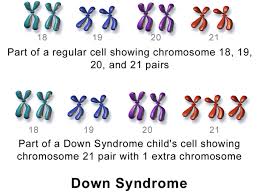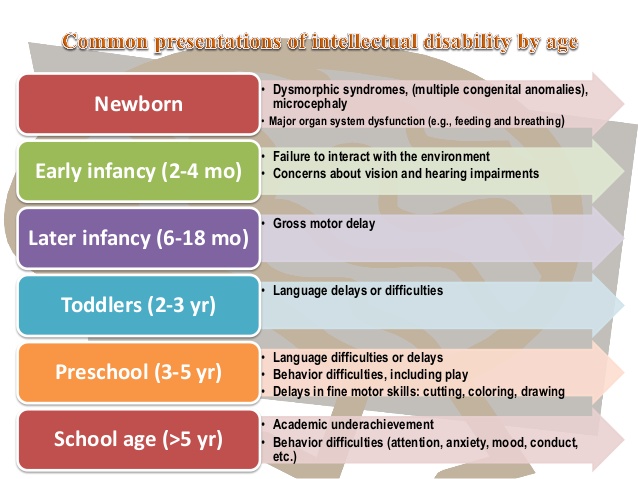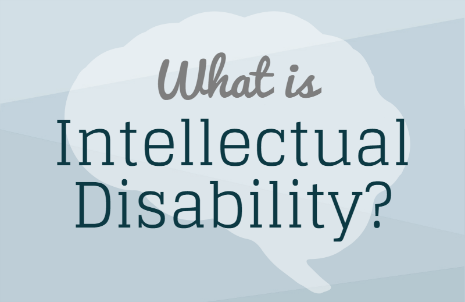
Intellectual disability is a term used when a person has limitations in mental functioning and in skills such as communicating, self-help, and social skills. These limitations will cause a child to learn and develop slowly than a typical child.
Children with intellectual disabilities take longer to learn to speak, walk, and take care of their personal needs such as dressing or eating. They are likely to have trouble learning in school. They will learn, but it will take them longer. There may be some things they cannot learn.
What Causes an Intellectual Disability?
Doctors have found many causes of intellectual disabilities. The most common are:
- Genetic conditions. Sometimes an intellectual disability is caused by abnormal genes inherited from parents, errors when genes combine, or other reasons. Examples of genetic conditions are Down syndrome, fragile X syndrome, and phenylketonuria (PKU).
- Problems during pregnancy. An intellectual disability can result when the baby does not develop inside the mother properly.
- Problems at birth. If a baby has problems during labor and birth, such as not getting enough oxygen, he or she may have an intellectual disability.
What are the Signs of Intellectual Disability?
Children with an intellectual disability may:
- Delayed mile stones – Sit up, crawl, or walk later than other children.
- Delayed speech
- Poor memory
- Have trouble understanding social rules.
- Have trouble seeing the consequences of their actions.
- Have trouble solving problems.
- Have trouble thinking logically.
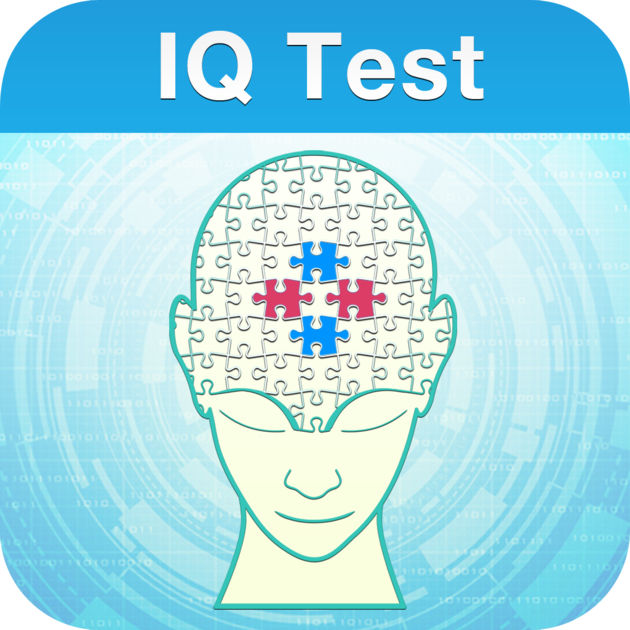
How are Intellectual Disabilities Diagnosed?
Tests to determine the intellectual ability –
Intellectual Functioning (IQ) – The ability of a person’s brain to learn, think, solve problems, and make sense of the world. Intellectual functioning, or IQ, is usually measured by a test called an IQ test. The average score is 100. People scoring below 70 to 75 are thought to have an intellectual disability.
Adaptive Functioning – whether the person has the skills he or she needs to live independently. To measure adaptive behavior, professionals look at what a child can do in comparison to other children of his or her age. Certain skills are important to adaptive behavior. These are:
- Daily living skills
- Communication skills
- Social skills
-
Tests to determine the cause-
- MRI brain – If associated neurological findings
- Thyroid Test
- Metabolic Tests
-
Genetic Tests
- Karyotype
- Chromosomal Microarray
- Single Gene Tests
Management
Early Childhood
Early intervention is a system of services designed to help infants and toddlers with disabilities (until their 3rd birthday) and their families.
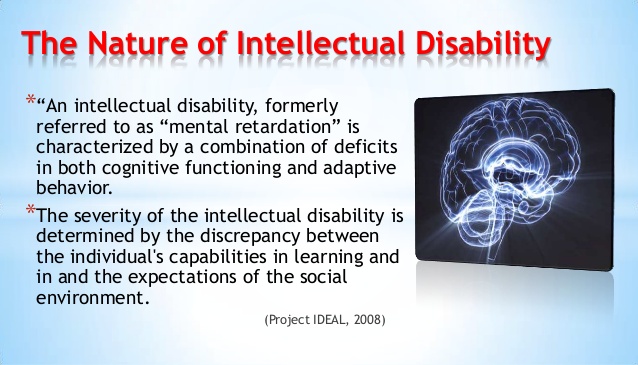
School-Aged Children
Special Education should be made available to every eligible child with a disability, including preschoolers (ages 3-21). These services are specially designed to address the child’s individual needs associated with the disability—in this case, an intellectual disability.
Individualized Education Program, or IEP. It describes the child’s unique needs and the services that have been designed to meet those needs.
Educational Considerations
General education – It’s important that students with intellectual disabilities be involved in, and make progress in, the general education curriculum.
Supplementary aids and services – This includes making accommodations appropriate to the needs of the student.
-
Adaptive skills –
- Communication
- Taking care of personal needs
- Health and safety
- Home living
- Social skills (manners, knowing the rules of conversation, getting along in a group, playing a game);
- Reading, writing, and basic math
- Skills at workplace.
Transition planning. It’s extremely important for families and schools to begin planning early for the student’s transition into the world of adulthood.
Tips for Parents
- Learn about intellectual disability
- Be patient & hopeful.
- Give your child chores.
- Praise your child frequently
- Find out what skills your child is learning at school.
- Find opportunities in your community for social activities.
- Participate in a parent support group.
- Develop an IEP to address your child’s needs.
- Treasure your child.
Tips for Teachers
- Learn as much as you can about intellectual disability.
- Recognize that you can make an enormous difference.
- Use IEP for teaching.
- Be concrete.
- Break new tasks into small steps
- Praise often & give immediate feedback.
- Teach the student life skills.
- Work together with the student’s parents and other school personnel.

